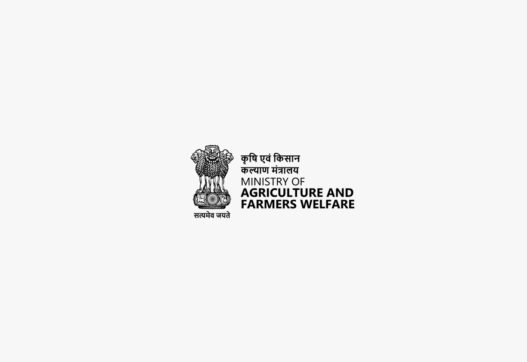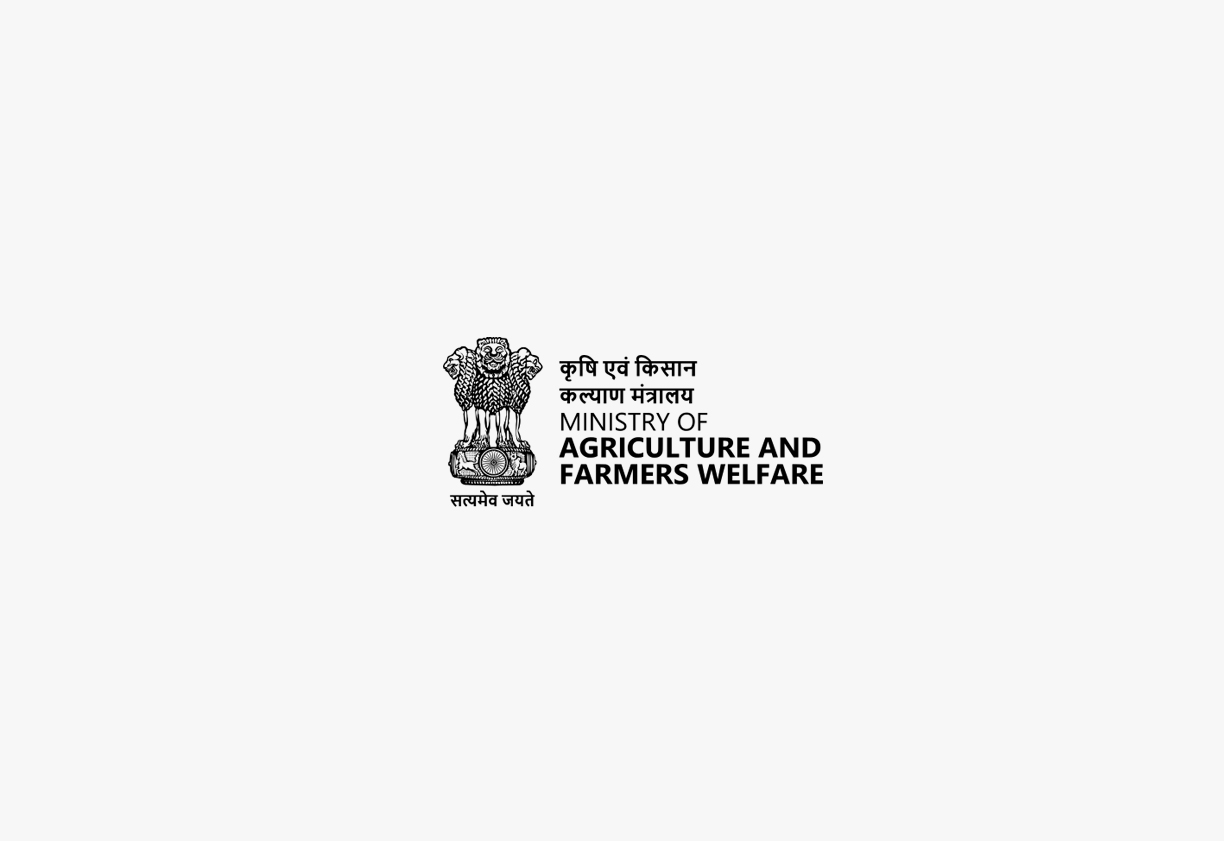Ministry of Agriculture and Farmers Welfare
The Delhi and Ajmer-Merwara Land Development Act, 1948, is a legislation aimed at providing for the preparation and execution of land development schemes, the reclamation of waste-land, and the control of private forests and grass-land in the Provinces of Delhi and Ajmer-Merwara. This Act focuses on planned development and utilization of land resources. This article provides a summary of the Act, highlighting its background, key provisions, and penalties.
1. Act Background and Ministry:
-
Background: The Delhi and Ajmer-Merwara Land Development Act, 1948, was enacted to address the need for planned land development, reclamation of waste land, and control of private forests and grasslands in the then Provinces of Delhi and Ajmer-Merwara. It was intended to facilitate better utilization of land resources and promote agricultural development.
-
Ministry: The Act is primarily administered by the Ministry of Housing and Urban Affairs, Government of India, as it deals with land development and planning.
2. Enactment Date, Number of Chapters, Number of Sections:
-
Enactment Date: The Act was enacted on September 24, 1948.
-
Number of Chapters: The Act is divided into five chapters.
-
Number of Sections: The Act contains 33 sections.
3. Act Governed By:
The Act is primarily governed by the Central Government, specifically the Chief Commissioner of Delhi and Ajmer-Merwara, who is empowered to appoint officers and implement the provisions of the Act. The Act also involves the functioning of Land Development Boards and other designated officers.
4. On Whom It Is Applicable:
The Act applies to:
-
Landowners: Individuals who own land in Delhi and Ajmer-Merwara.
-
Tenants: Individuals who hold land under tenancy agreements.
-
Occupiers: Individuals who occupy land, whether as owners or tenants.
-
Land Development Boards: Bodies constituted to prepare and execute land development schemes.
-
Government Authorities: Various government departments and agencies involved in land development and reclamation.
5. Penalties/Punishments:
The Act prescribes penalties for violations of its provisions, including:
-
Fines: A fine which may extend to fifty rupees for contravention of the scheme or regulations made under the Act.
-
Recovery of Expenses: Expenses incurred by the government for carrying out works under the scheme can be recovered from the owners of the land.
-
Penalties for Non-Compliance: Penalties may be imposed for non-compliance with orders or directions issued under the Act.
6. Important Pointers:
-
Land Development Boards: The Act provides for the constitution of Land Development Boards to prepare and execute land development schemes.
-
Land Development Schemes: These schemes may include provisions for preservation and improvement of soil, water supply, cultivation methods, and reclamation of waste land.
-
Inquiry into Schemes: The Chief Commissioner appoints an Inquiry Officer to gather information and invite suggestions from affected parties before sanctioning a scheme.
-
Power to Make Rules: The Central Government has the power to make rules for carrying out the purposes of the Act.
-
Power to Grant Loans: The Land Development Commissioner may grant loans to persons for carrying out works under the scheme.
-
Works at Owner’s Expense: The government may require owners to carry out works at their own expense.
-
Contribution by Owners: Owners of land benefiting from a scheme may be required to contribute towards the expenses.
-
Recovery of Contributions: Contributions can be recovered as arrears of land revenue.
-
Reclamation of Waste-Land: The Act provides for the reclamation of waste-land and the taking of possession of such land by the government.
-
Compensation: The Act outlines provisions for compensation to owners and tenants for land taken for reclamation.
-
Control over Forests and Lands: The Act provides for the control of private forests and grasslands.
-
Power to Transfer Functions: The State Government can transfer certain functions to local authorities.
-
Protection of Actions: The Act provides protection to persons acting in good faith under the Act.
7. Act Copy:
The full text of the Act can be accessed through the official government gazette or legal databases.




